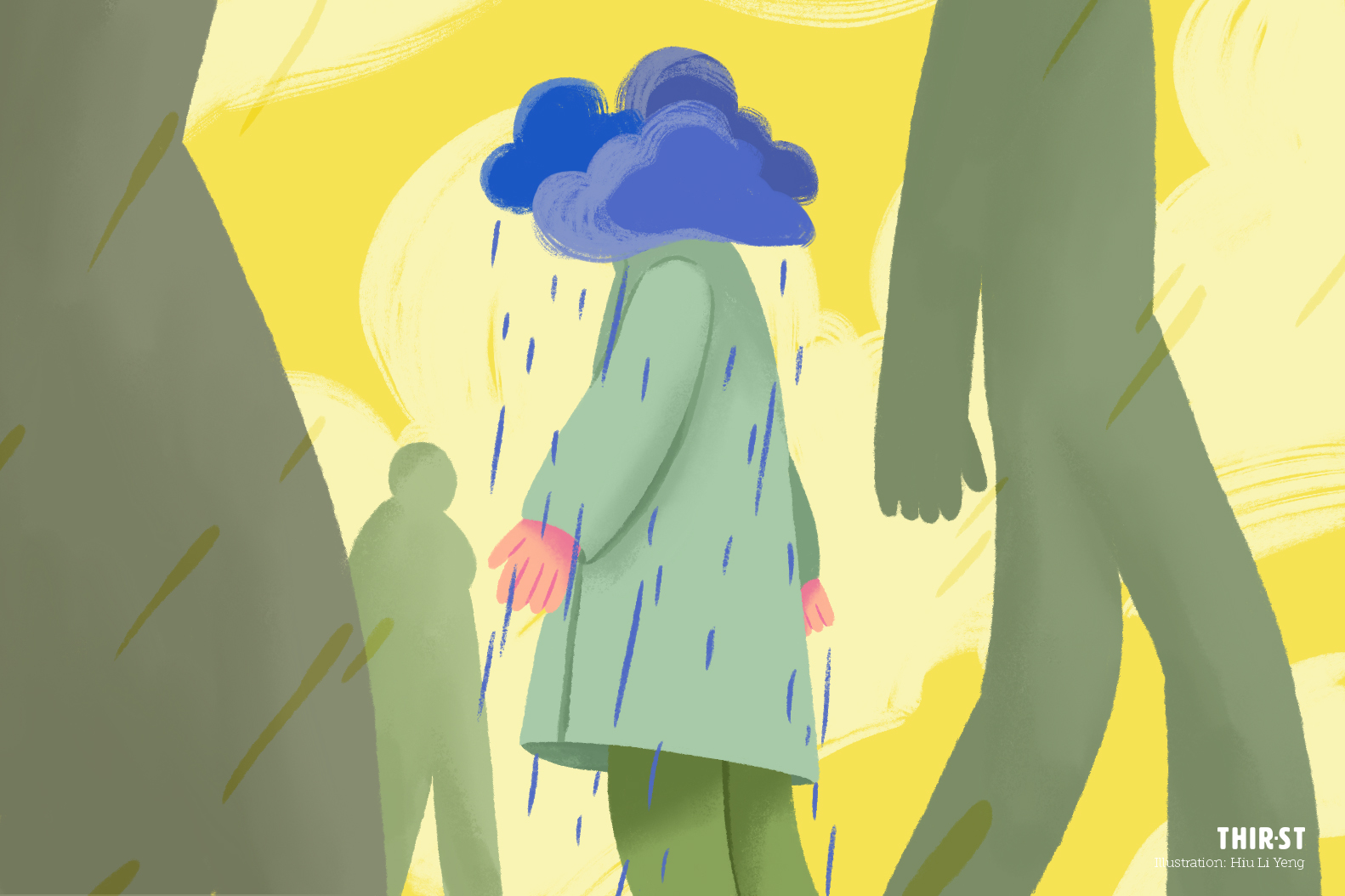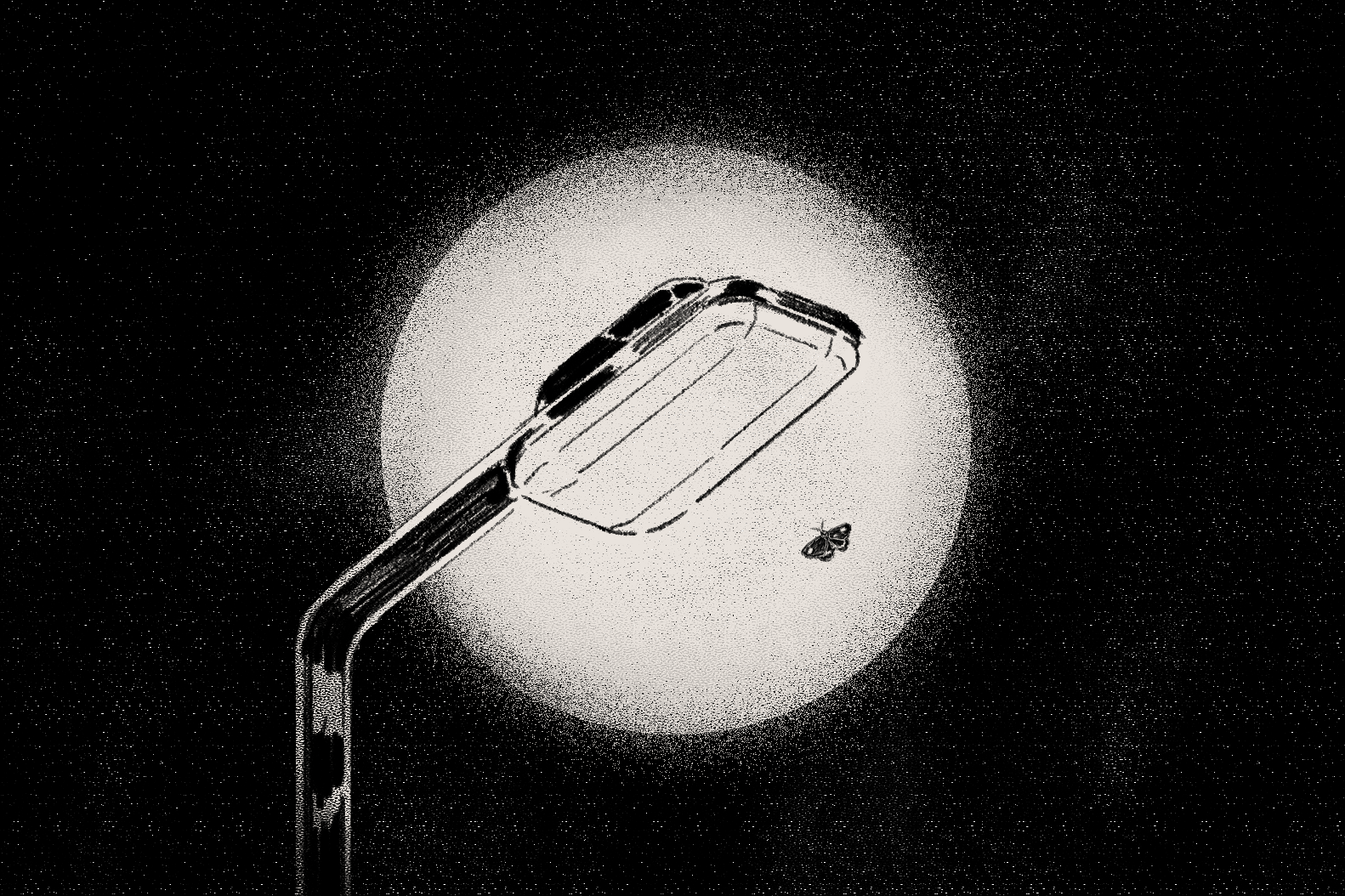When you hear the term “mental illness”, what’s the first image that pops into your mind?
For nearly half the participants in a 2017 study, this prompt conjured up negative impressions of “weird”, “crazy” or “dangerous” persons.
Sadly, the 400 people who felt that way do not appear to be outliers in Singaporean society.
In another survey conducted by the National Council of Social Services (NCSS) in 2018, over half the respondents displayed a reluctance to live or work with a person with a mental health condition, which they attributed to a lack of discipline or willpower.
Such harmful misconceptions are a big reason why mental health issues have been shrouded in silence in Singapore.
Suicide remains the leading cause of death of people aged 10 to 29.
When I was at school, mental health was almost never discussed openly.
If you came down with a fever, you could take time off from school with an MC. But what if you got hit with depression?
I remember being shocked to discover that one of my closest friends had been diagnosed with clinical depression. She only told us after she recovered and it broke my heart to learn that she had struggled silently for so long.
Appearances can be deceiving. You won’t know if the air of sadness you’re been noticing around your friend lately is actually the symptom of a more deep-set, sinister imbalance.
My friend was blessed to have made it out the other side but not everyone is so lucky. Last year, 400 people did not. Of those 400 people, 94 were aged below 29.
94 people with their whole lives ahead of them. 94 people who could not bear to wait a minute longer for the light at the end of the tunnel.
And countless others whose lives are now immeasurably dimmer in the wake of their departure.
The Samaritans of Singapore (SOS) reported that suicide remains the leading cause of death of people aged 10 to 29, with the 20-29 age bracket posting the highest suicide numbers of any age group.
Struggling with mental health can be extremely despondent and isolating. In such circumstances, many make the fatal mistake of buying into the lie that life will never get better.
They may also be be reluctant to venture beyond their immediate circle to seek help because they believe that “nothing will help”.
This fatal misconception is a consequence of our community’s long-standing reluctance to openly confront the mental health crisis brewing beneath its surface.
But we cannot afford to allow those in our midst to suffer in silence any longer.
Many make the fatal mistake of buying into the lie that life will never get better.
Thankfully, times are changing for the better and more and more people are opening up about their struggles with mental health.
Survivors and experts have made a concerted effort to educate the general public on mental illnesses and have managed to chip away at some of the stigma surrounding this topic.
There were 4,124 calls to SOS’s hotline from people aged 20-29 between April 2019 and March 2020, compared with 3,396 from the same period in the previous year.
In an interview with The Straits Times, SOS chief executive Gasper Tan remarked that this was an encouraging sign that young people are recognising the importance of their mental health and the need for early intervention.
Perhaps this is partly due to the work SOS has been doing to rectify the dearth of resources for those struggling with mental health issues.
They have been paying closer attention to the needs and preferences of the youth in order to tailor their helplines to better help them. Let’s take a look at 3 notable initiatives by them.
1. SOS Care Text Service
Through a survey conducted among students, SOS learnt that they were most comfortable reaching out for help via text messaging.
As a result, SOS introduced their Care Text Service to give those hesitant about calling the 24-hour hotline another option.
Help and care are just a quick message away.
It is intended to connect individuals in crisis with SOS trained volunteers for emotional support via the web, social media and telephone.
The service was rolled out in July this year but is still in the first phase of its development. It will officially launch in October 2020.
For anyone who’s struggling to cope, please know that you are not alone! Help and care are just a quick message away.
2. #Chatsafe
SOS developed the #chatsafe guide in partnership with young people to educate them on how to respond appropriately to suicide-related content.
It teaches them how to post about suicide, how to share their own feelings and experiences with suicidal thoughts, and offers tips on helping suicidal persons.
The guideline is also intended to equip parents and educators with the skills and knowledge to support the more vulnerable youths in their care.
3. #HOWRU Virtual Walkathon
This Virtual Walkathon is jointly organised by SOS and various local institutes of higher learning.
It aims to bring the community together in a show of solidarity and support for those struggling with mental illnesses. In doing so, it hopes to raise awareness that help is available and no one has to struggle alone.
The event will run for a week from 13 September to 20 September 2020 and will feature various talks, seminars and activities.
Participants can contribute through donations or by clocking in their number of steps walked in support of the walkathon’s 5.5 million steps goal.

It’s heartening to see Singaporeans grow more open about confronting mental health issues. Positive change does not come about overnight but this is certainly a step in the right direction.
The cultural shift needed to entirely erase the stigma surrounding mental health will take time and effort, but we owe it to our community to persevere in our attempts to erode it.
Please don’t give up. There is hope and help for things to get better.
To the reader struggling with mental health: I know it’s difficult. The journey to recovery is long and winding, but it is not one that you will have to walk alone. Please don’t give up. There is hope and help for things to get better.
It is also my prayer that you will be able to take comfort in the fact that you can call on the greatest power of all to aid you: Jesus Christ.
For as He says in John 16:33, “In this world you will have trouble. But take heart! I have overcome the world.”
Take His outstretched hand and let Him be the guiding light that leads you out of the darkness today.
- What comes to mind when you hear the word “mental illness”?
- What does the Bible say about the mental health?
- What does the Bible say about the mind?
- Can you think of someone who’s facing a challenging time in terms of their mental health? Reach out and encourage them this week.









